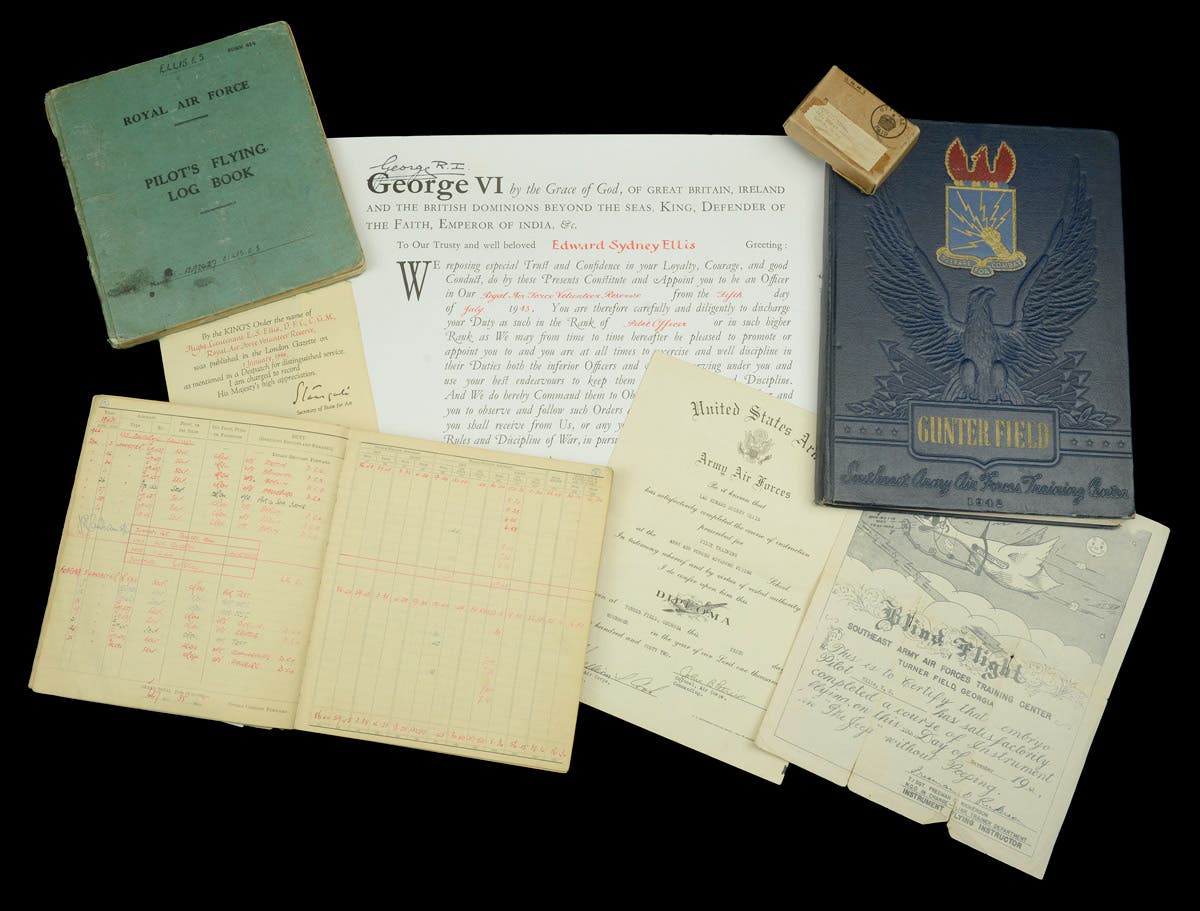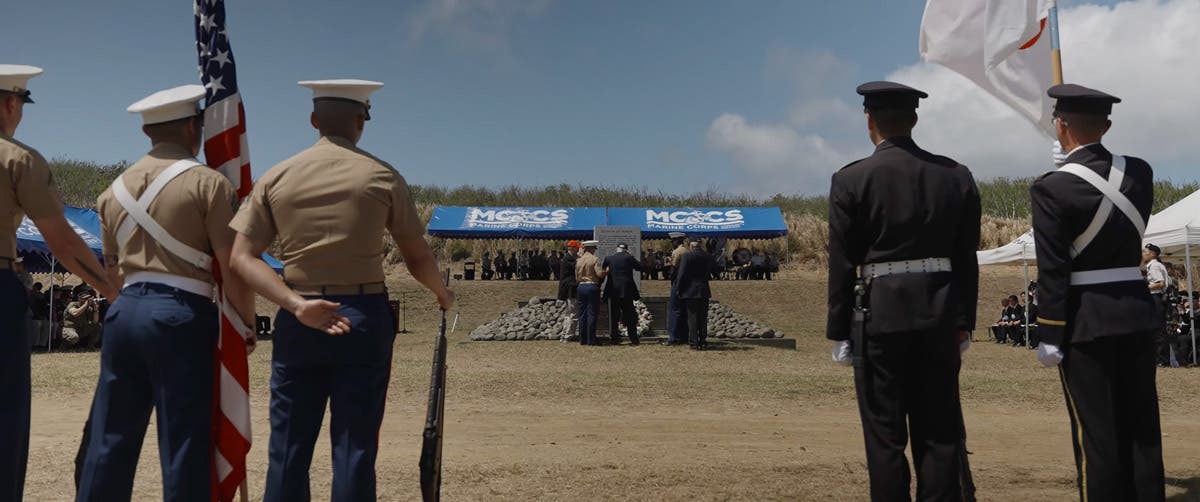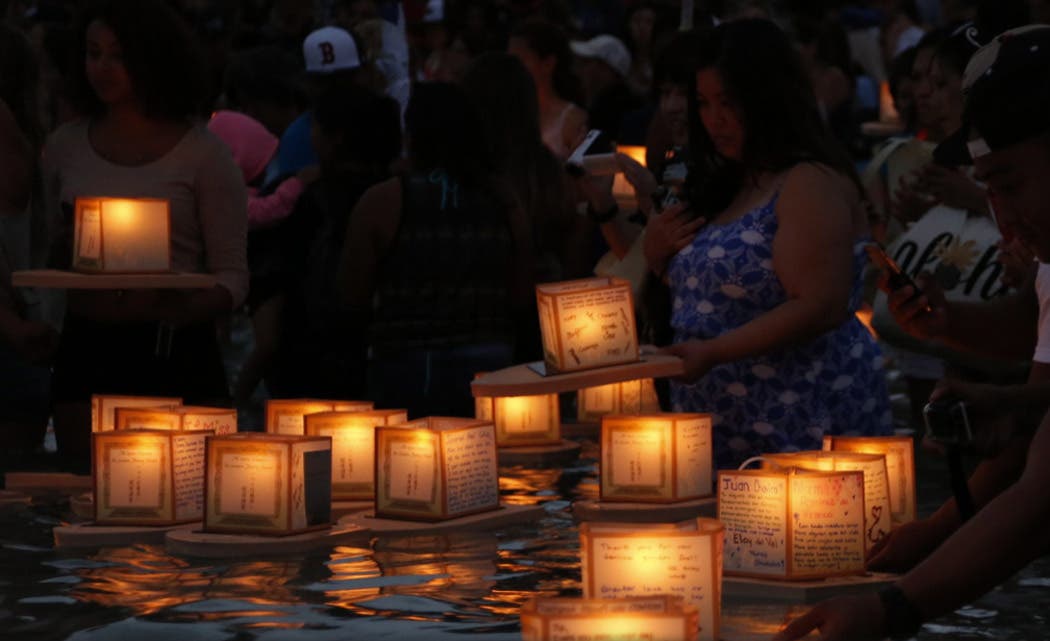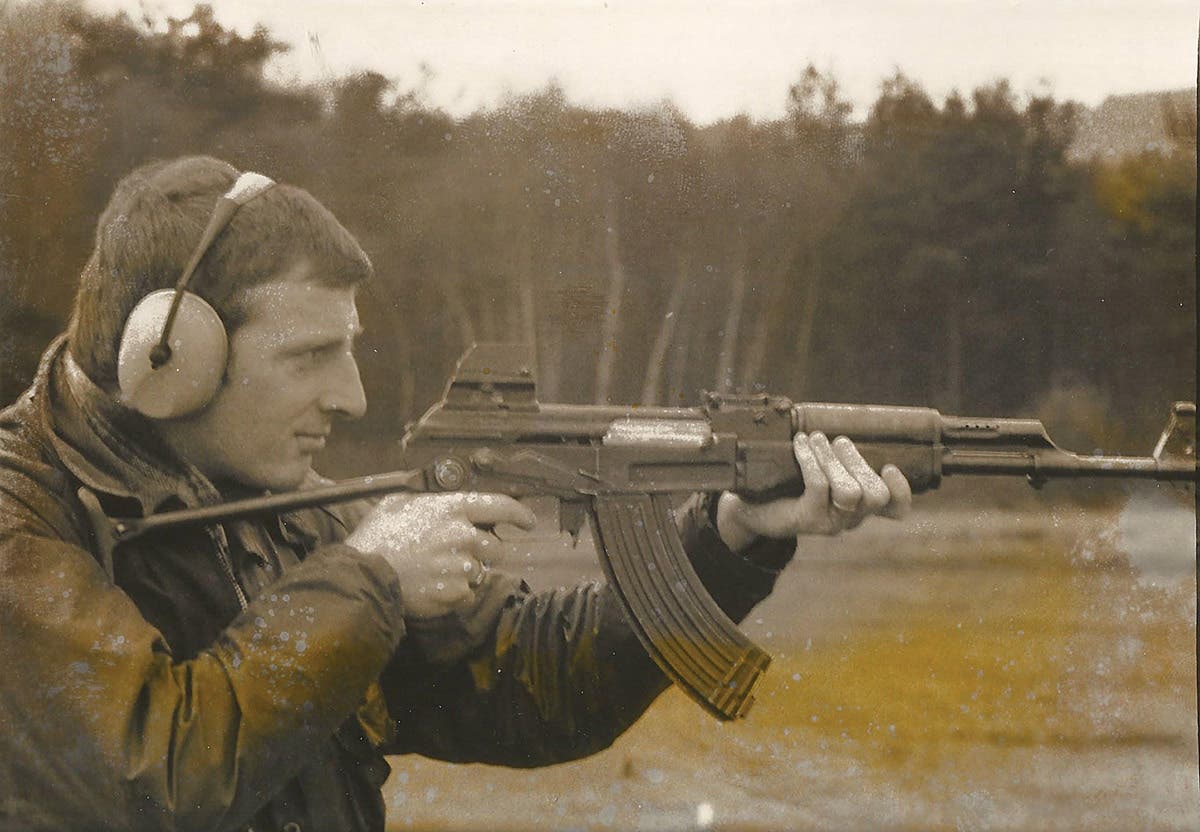Are you a “Successful Collector?” These are our Top 10 Tips to help you achieve it
Militaria, vintage vehicles, antiques, coin, stamps, firearms, Beanie Babies —No matter what sort of material you collect, these ten tips will hone your skills and insure your satisfaction.
by John Adams-Graf, Editor, Military Trader
During the past thirty years, I have collected in many areas of militaria, each with equal passion. In that time, I have made many mistakes. I have sold items I wish I hadn’t, missed items that I wished I had bought and made some really poor life decisions. Based on all of this, I have formulated a list of ten tips I would like to offer to someone just getting in the hobby. I can’t promise these will guarantee collecting “success” (whatever that is!) if you follow them, but my hope is you can attain maximum satisfaction from the hobby.
1. Set a collecting goal.
I know you are really excited about some sort of militaria right now, and it is hard to think about much else. But try to imagine how you want your collection to develop over the next ten years. Do you want to fill a room with relics? Do you want to use relics to instruct others about military history? Or do you want to “cash out” for a profit? You might have multiple goals, and they may change, but taking the time to think about it will help you make hard decisions about what to buy down the road.
2. Acquire research material.
Whereas there is a lot of information to be found on the internet, it is not a replacement for the printed word—not yet, anyway. While it is very difficult to spend $50 on the most recent book when there are cool relics to be had, consider it the real investment in your collecting career.
3. Join a Club, forum, and Subscribe.
In the old days, we formed “collecting clubs” where we got together once a month and played “show and tell.” While there are a few of those still functioning, Internet forums have quickly replaced most. Take the time to investigate, and you will probably find there is a forum already established that deals with your particular area of focus. Introduce yourself and spend time reading through the past threads of conversations. You will fast gain a sense of the high and low points of the hobby. But hang back…you remember how obnoxious the gregarious new kid was at school? Don’t be that kid on the forum. A good forum is a resource, not a hang-out for the lonely.
4. Network for “hands-on” experience.
As good as the Internet is for opening the world of collecting to you, it is no substitute for actual handling and examining of relics. If you get to know a local collector or two, ask to visit their home to see their collection. Let them show you all of their treasures and soak up their explanations. Contact museums to make arrangements to visit with the curator and examine specific segments of the collection. Finally, attend shows, shows, and more shows. These are the best, hands-on experience available to collectors, regardless of how much money is in your pocket. You are able to study pieces up close, ask questions and benefit from the dealers’ years of experience.
5. Focus.
A focused collection will help you develop an expertise about some aspect of military history that you can than share with anyone willing to listen. A big pile of mediocrity is still just mediocre. A focused, developed collection is something that will reflect your level of enthusiasm and scholarship.
6. Don’t buy on credit.
A very important lesson I can impart is this: If the military made one, they made a thousand. If you have to pass on an item on a site or at a show, chances are very good you will find another. Don’t sacrifice living expenses to buy military relics. And more importantly, don’t charge your relic purchases.
7. Buy quality.
It doesn’t matter if you are currently collecting Civil War bullets, WWII German helmets or insignia from Desert Storm, you will be much happier when you are 50 if you spent your money on quality items rather than buying quantity. The collectors who spent thirty years of their lives buying every cheap military trinket they found are fast becoming candidates for one of the hoarder-type reality shows. A pile of cheap stuff is just that: Cheap.
It takes real discipline for the Civil War bullet collector to pass by the “Any bullet for 50 cents” box. When that collector stumbles on the Maynard carbine “tophat” cartridge for $15, however,he or she will be glad they hadn’t filled a bag with cheap bullets. It would be tragic if the helmet collector spent $85 for another Luftschutz helmet only to find – moments later – a camouflaged M35 for $300 that he could no longer afford to buy.
8. Learn how to care for your collection.
Again, I am assuming one of your implied goals is to not end up on one of the hoarder shows. Conservation is nowhere near as exciting as acquiring new items, but you do want your collection to remain pretty much in the same condition while you own it. Well, time, heat and oxygen are three things that are threatening your collection. Take the time to learn how to minimize the decay.
9. Have an exit strategy.
It is important to realize there may come a time when you have to part with your collection. Generally, dealers circle around searching for one of three “D’s” of acquisition opportunities: Death, Divorce or Debt. Those are the top three reasons why collections are dispersed, but of course, there are countless others.
Whatever the impetus for disposing of your collection, you will be better off if you have thought it out ahead of time. Once you have an idea of how you would liquidate your collection, make sure that you write it down (make it legal in a will or bequest), describe it to friends or even make arrangements with a dealer.
I have done the latter two. My daughter knows if something should happen to me, she is simply to call the dealer I appointed. He will come in, gather up all of the military relics, research and books and dispose of it within two year’s time. At that time, he will pay my daughter 60% of what he took in on the sale of items. It isn’t a perfect plan, but it is a plan. Too often, I encounter widows or family who complain that their collecting loved one died with no instructions other than, “don’t let anyone screw you—this stuff is valuable.”
10. INSURE IT.
As collectors, we tend to think of our relics as “one-of-a-kind” and irreplaceable, but the fact of the matter is, at a certain point your collection may come to represent a substantial financial investment. As such, you need to consider insurance. A fire, theft, or disaster can separate you from your collection, but those won’t kill your passion for collecting.
In most cases, your homeowners insurance is not nearly enough to protect your collection. Homeowners insurance may limit coverage to a percent of the total value of your home. Also, it may limit the amount paid for theft of valuable items like silver, crystal, guns, stamps, or other collectibles. Generally, it won’t cover losses due to flood, hurricane or earthquake, and losses are based on actual cash value rather than the collectible value of the items. So, consider an insurance plan that acknowledges the monetary value of your collection.In the event you lose your collection, good insurance will give you the opportunity to start over.
You may also enjoy
*As an Amazon Associate, Military Trader / Military Vehicles earns from qualifying purchases.
John Adams-Graf ("JAG" to most) is the editor of Military Trader and Military Vehicles Magazine. He has been a military collector for his entire life. The son of a WWII veteran, his writings carry many lessons from the Greatest Generation. JAG has authored several books, including multiple editions of Warman's WWII Collectibles, Civil War Collectibles, and the Standard Catalog of Civil War Firearms. He is a passionate shooter, wood-splitter, kayaker, and WWI AEF Tank Corps collector.





